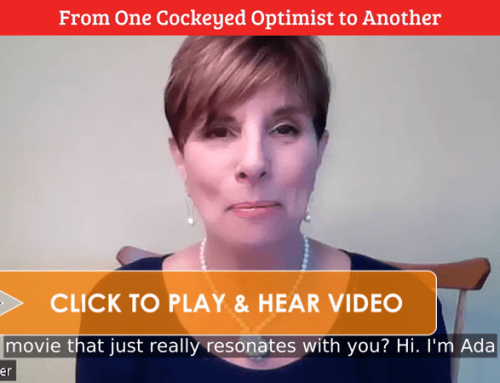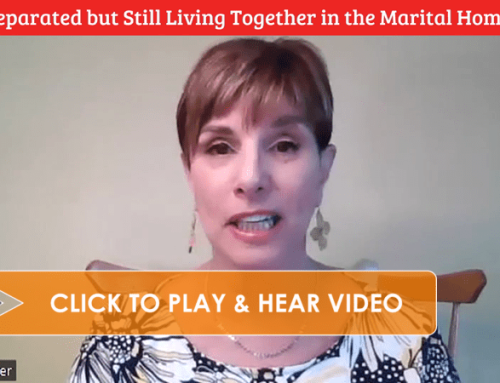 Let me start off by disclaiming that I am not a Trekkie. However, I did grow up watching the original Star Trek TV show and readily admit to watching the reruns over the years. I followed up watching the second and third reiteration of the show (loved Patrick Stewart) and saw the first five Star Trek movies. Did I say I wasn’t a Trekkie? Well at least I didn’t dress up as Uhura and attend the conventions! Just watching William Shatner sprout hair post series alone is worth a re-look.
Let me start off by disclaiming that I am not a Trekkie. However, I did grow up watching the original Star Trek TV show and readily admit to watching the reruns over the years. I followed up watching the second and third reiteration of the show (loved Patrick Stewart) and saw the first five Star Trek movies. Did I say I wasn’t a Trekkie? Well at least I didn’t dress up as Uhura and attend the conventions! Just watching William Shatner sprout hair post series alone is worth a re-look.
Gene Roddenberry was not only the brainchild and author of the series, but he was a moralist, a philosopher, a theorist. Drawing from many great thinkers before him, he created a program that was a morality play of sorts, challenging us to look at ourselves in the realm of a make believe, futuristic world where all of our human emotions and ideals are tried and tested. We loved it not only because it entertained us, but because it caused us to confront our ideas about humanism, religion, egoism, diversity, truth. Each character encompassed a composite of ourselves and each story encouraged us to look at life and consider alternate universes both interior and exterior.
This brings me to my point and in so doing I use one of Star Trek’s most memorable quotes. It’s from the second feature film, Star Trek II, The Wrath of Khan. Spock, in sacrificing his life for the greater good, explains his actions to Captain James T. Kirk, who is devastated when he realizes he is about to lose his lifelong friend. Spock tells him: “The needs of the many outweigh the needs of the few” And Kirk’s anguished reply: “Or the one.” This quote is in the lexicon now – everyone of a certain age knows it, recites it and I would say, pretty much agrees with it.
So how does this relate to mediation? Very well in fact! Because mediation is a forum by which people come together to address not only their own self interests but the interests of everyone involved in the relationship. The concept of the greater good is of paramount consideration.
When a couple decides to separate, they are not the only ones affected by this event, although at the outset, it’s sometimes difficult to fully recognize this. Any children of the marriage are the most important ones caught up in the divorce or separation, but the affects can also be felt by the couples’ parents, extended family, close friends and even work colleagues. Once this recognition occurs, it brings a larger perspective to the entire process and I believe a higher awareness and sensitivity that promises a better outcome for the entire family. The needs of the many do indeed outweigh the needs of the few… or the one.
This whole concept occurred to me as I watched several couples recently come to this conclusion rather quickly during their mediation. While at first their anxiety about the impending separation was overwhelming to them, the benign process of mediation allowed for the flow of thoughtful and respectful conversation. And embedded in those contemplative exchanges the needs of the many did indeed flourish.
Thank you Mr. Spock!
If you know anyone who would be interested in reading this blog, do not hesitate to forward it. Please feel free to use the Comments Box below to ask any questions, to comment, or to request more information.
- Does Child Support Have to be Paid? - April 17, 2024
- Is the Child Support Statute in New York State Still Relevant Today? (video) - April 2, 2024
- Managing Expectations Post-Separation or Divorce (video) - March 6, 2024






Having never watched Star Trek I never knew how deep it took the viewer. Kudo’s to you, Ada, for seeing how the needs of the many are met when the mediator helps a couple see beyond their own pain. You took us where no one else has gone!
Hello,
One of my favorite episodes, I believe from Season 1 of Star Trek The Next Generation, where a deaf mediator who spoke through his telepathic “chorus” finds himself without his chorus, who are killed during a mediation session, but who follows his own principle of turning a disadvantage into an advantage by deciding to teach sign language to the two opposing parties seeking peace, thus bypassing their failed communication styles to learn how to speak in a new way…
Now how to apply this to divorce, well, I don’t know!
I love how life imitates art, or in this case, how art imitates life! Great job using this popular source to make a beautiful point!
Extremely wise as usual Ada, it often takes clients way too long to realize the truth that you brought out from Star Treck. Lets continue to work hard to spread and impart this philosophy! Terrific blog as always!